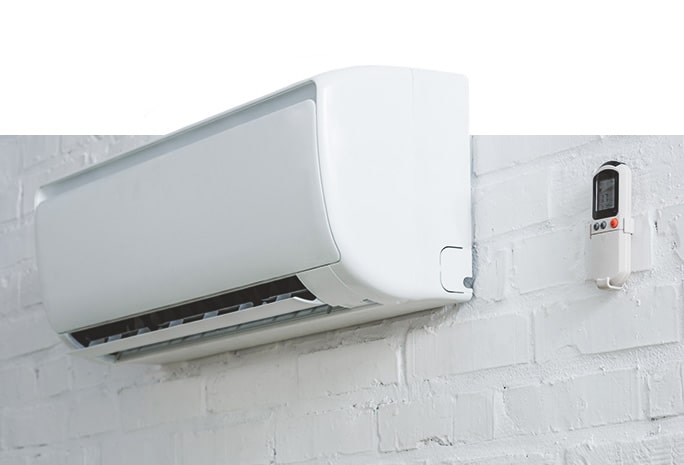
Due to the current health situation and aware of the importance of ensuring to the maximum that our work spaces and places of transit are free of coronavirus.
Although the main form of SARS-CoV-2 contamination is aerosol dispersion, some studies indicate that this virus could remain viable on different surfaces for many hours. On the other hand, high virus concentrations have been observed on the surfaces of air filters used in spaces with low ventilation.
At Iberogen we have developed an RT-qPCR protocol to identify the presence of SARS-CoV-2 in facilities, companies and large stores such as supermarkets, pharmacies, shopping centers or factories and warehouses in the agri-food sector, following the recommendations of the Organization World Health and scientific articles of international reference. This coronavirus is highly contagious and relatively stable under environmental conditions, so it can viably persist on work surfaces and everyday objects for up to 7-9 days.
The system used in the analysis has the same sensitivity as the tests carried out in hospitals for COVID-19 patients, but adapted to surface sampling.
For analysis, we provide a sampling kit designed and developed in our laboratories. The kit is intended to maximize the sampling of low concentrations of virus and ensure that it is inactivated once the sample is taken. It allows samples to be taken from commonly used surfaces in any work environment, such as switches, handrails, taps, handles, boxes and plastic containers, telephones, keyboards, ventilation ducts, machinery, filters, steering wheels, etc. In short, any element or surface made of metal, wood, cardboard, paper, fabric and plastic, especially in humid and cold environments.

Facing new challenges is what motivates me, finding a way to solve them is my motto. They are more than 15 years of experience in laboratory operations and research and development.
Implication and great capacity for resolution are essential qualities for research.